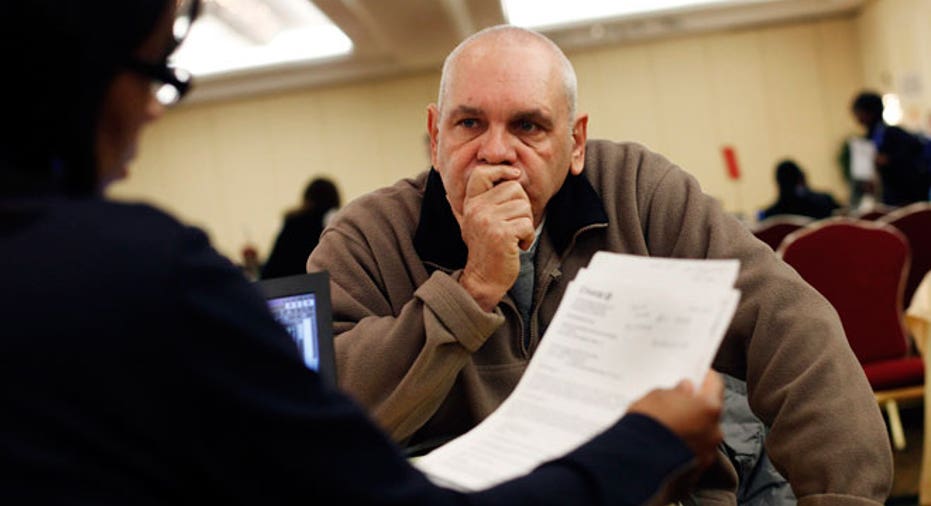How to Carry Out Real Estate Due Diligence

Purchasing and owning real estate is always high risk — whether it’s a single family home that you’ll occupy or a 50-unit apartment building for income. You’ll hear experts say to make sure to “do your due diligence” when buying property, but what does that actually mean? What is due diligence?
The truth is, there isn’t an Easy Button for doing your due diligence. It’s really a time-consuming process, and few people have any idea what to do. So here is what it means and some of the steps you should consider and perform.
Do your homework
Due diligence means taking caution, performing calculations, reviewing documents, procuring insurance, walking the property, etc. — essentially doing your homework for the property BEFORE you actually make the purchase. If there are too many issues with the property — and that means too much potential risk and cost — then you can cancel your purchase agreement and look for a better property.
Here are just a few of the steps that apply to both personal residences and investment properties, although some may only apply to one.
Shop the marketplace
Make sure you know what the market has to offer. Too many people look at just a few properties, put in an offer and purchase. You should spend several months looking at properties before you buy.
Mortgage financing
Make sure the mortgage deal you get is fair and in line with competitors. Probably less than 20 percent of people get two bids for their financing, so they don’t know whether they’ve received a fair deal.
Pencil out your investment
If you’re buying an investment property, it’s vital to pencil out your deal. How do you know whether it’s a good deal if you haven’t done the math and compared it to other opportunities?
Property inspection
You probably had an inspection, but did you go to it? Did you review the inspector’s remarks on all the work that needs to be done? Then did you call a contractor or go to a home repair store to see how much it will cost to put the property in the shape you desire? Renovating properties is hugely expensive and high risk, so make sure you get estimates for the work before you decide to move forward with a purchase.
Insurance
Did you check to see whether an insurance policy can be written for the property? How much will it cost? Some areas, such as fire-prone or hurricane-prone areas, might not even be able to get a policy. And even if they do, it might be prohibitively expensive. Get some bids before you’re too far along in your purchasing process.
Homeowners association
Do you know how to review the HOA documents to avoid communities that are in disastrous shape, out of money or have significant construction issues? This is actually a pretty complicated task, but you don’t want to buy into a total mess of an HOA. If you do, you will feel some discomfort as the years go by and you have to deal with the issues and special assessments that you will be required to pay.
Title insurance & plat
Did you look at the title abstract and insurance policy? This will help you see if there are some issues that should concern you. Talk to the title insurance company agent and lawyer to help you review the documents. Also look at the plat of the property, have the easements plotted by title and walk the property for encumbrances.
Those are just a few of the many items that make up due diligence when buying real estate. Remember, you have to do these before you close escrow on the property. If you fail to do the proper tasks, problems might arise that were preventable, and might make your real estate experience less than palatable, or downright life changing! Or they might cause you to lose all the money you’ve put into the property.
Read more from Zillow:



















